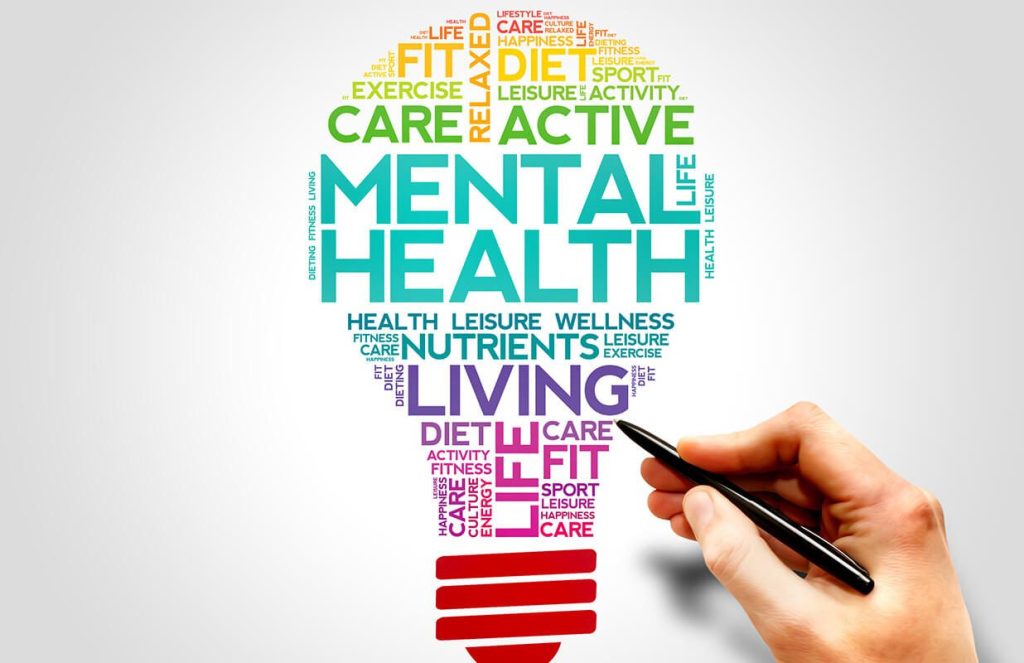The Importance of Pizza Box Sizes and How They Affect Your Pizza Experience
When it comes to pizza, the experience is not just about the quality of the ingredients or the taste of the crust—how the pizza is presented and delivered also plays a significant role. One often overlooked aspect of this experience is the pizza box. While many might think that a pizza box is simply a container for transporting the meal from the pizzeria to the dining table, its size can actually have a profound impact on your pizza experience. The size of the pizza box affects the pizza’s freshness, the presentation, and even the ease of eating. Understanding the importance of pizza box sizes can help both pizza lovers and restaurants create a better overall pizza experience. First and foremost, the right pizza box size ensures that your pizza stays in optimal condition during transport. If the box is too small for the pizza, the crust edges might be squished or the toppings could shift, leading to an unappealing, messy pizza by the time it reaches you. On the other hand, a box that is too large can result in the pizza shifting inside the box, causing it to lose its shape or even get cold faster.
Beyond freshness, pizza box sizes also affect how the pizza is presented. A well-fitted box can maintain the integrity of the pizza’s appearance. For example, if the pizza is packed in a box that is too large, it might slide around, leading to uneven distribution of toppings or even a torn crust. In contrast, the perfect-sized pizza box ensures that the pizza stays centered, the crust remains intact, and the toppings are uniformly distributed, making for a more aesthetically pleasing meal. This is particularly important in the context of special events, parties, or catering, where the visual appeal of the pizza can be just as important as its taste. Another aspect where pizza box sizes come into play is in the ease of serving and eating. A box that is too large might require extra handling to prevent the pizza from sliding out, while one that is too small could make it difficult to remove a slice without causing a mess.
Moreover, the size of the pizza box can also impact portion control and sharing. For those who order multiple pizzas or want to serve pizza at a gathering, the box size can influence how easily the pizza is divided. Boxes that are too small might make it difficult to cut slices cleanly, while larger boxes offer ample space for neat slices, making sharing more convenient. This is especially true for larger specialty pizzas, such as extra-large or party-sized pies, which require appropriately sized boxes to maintain their shape and facilitate easy serving. In conclusion, can you microwave cardboard box while the size of the pizza box may seem like a trivial detail, it plays a crucial role in ensuring a quality pizza experience. From maintaining freshness and presentation to enhancing convenience and sharing, the right pizza box size ensures that your pizza is as enjoyable as possible. Whether you are dining in, ordering for delivery, or hosting a pizza party, paying attention to the pizza box size can make a big difference in the overall experience.





